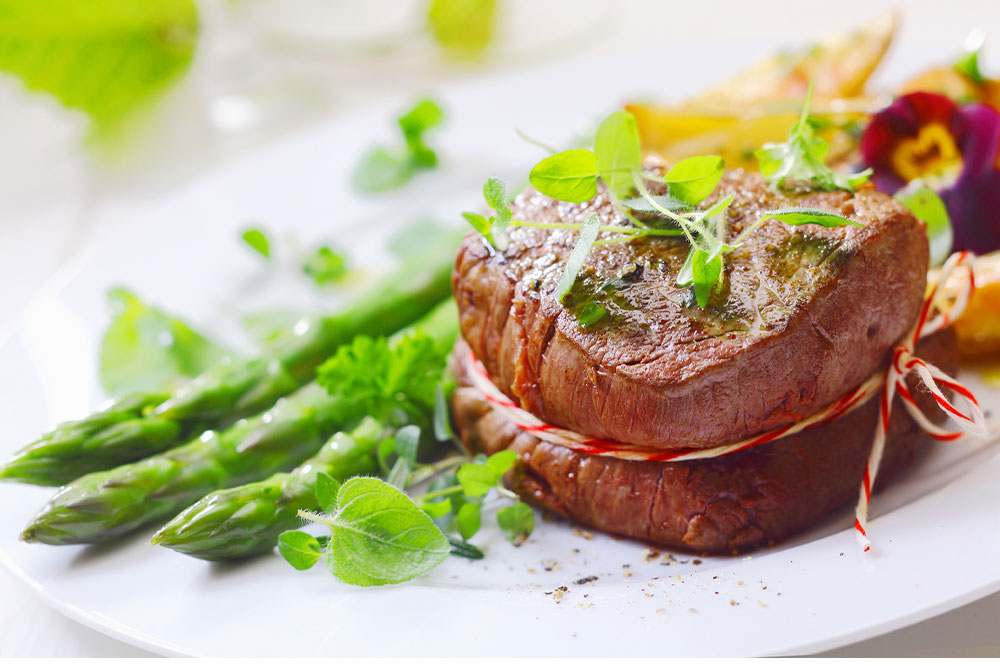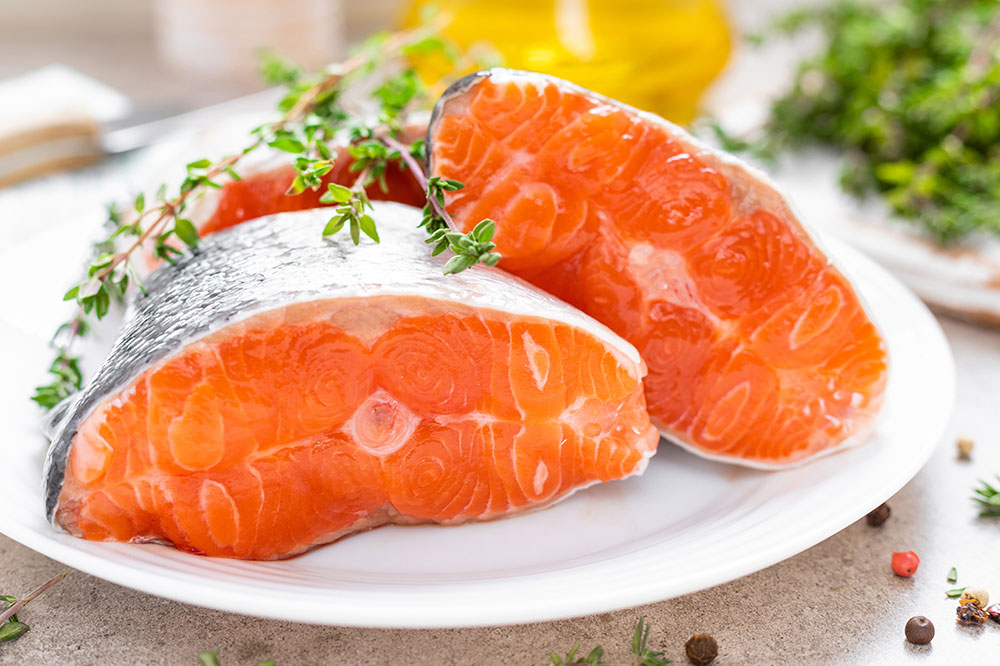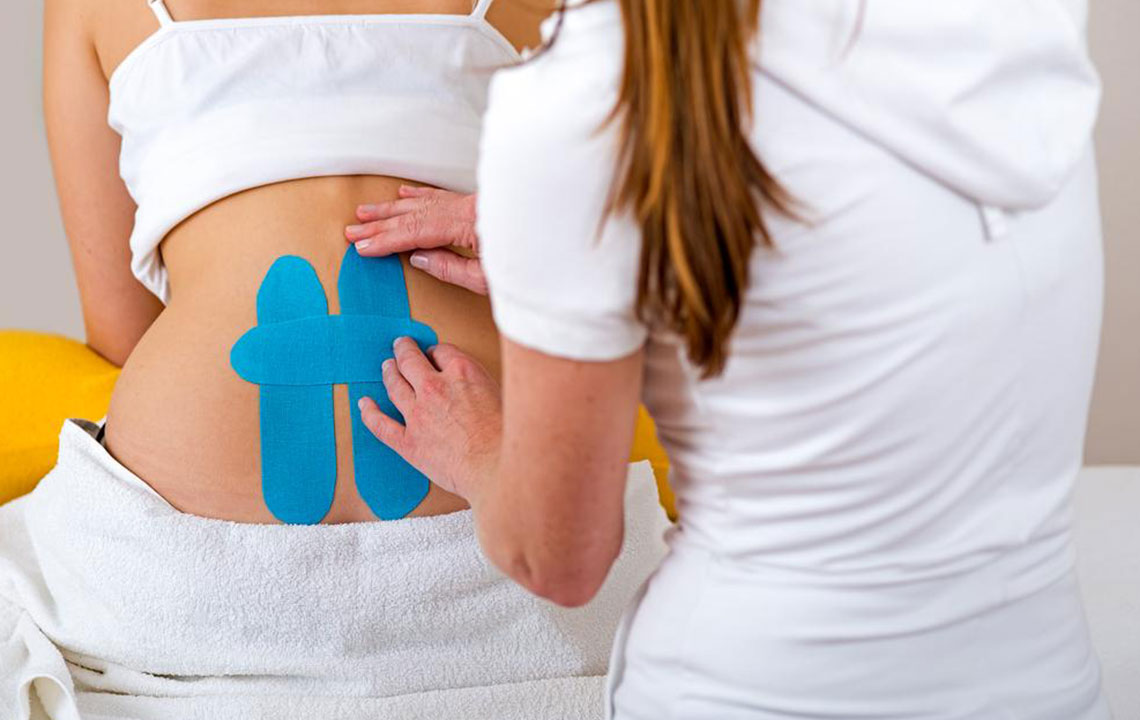Daily Tips to Ease Arthritis Pain and Improve Joint Health
Discover practical daily strategies to ease arthritis discomfort and enhance joint health. Incorporate habits like meditation, acupuncture, heat and cold therapy, physiotherapy, and anti-inflammatory foods such as cherries and turmeric. These proven approaches, combined with medical advice, can provide significant relief from arthritis symptoms and improve quality of life for seniors and affected individuals.

Daily Tips to Ease Arthritis Pain and Improve Joint Health
People over 50 commonly experience ongoing knee stiffness and discomfort, typical symptoms of Osteoarthritis. This degenerative joint disease arises from cartilage wear and tear, making it the most common arthritis condition among older adults. Other prevalent forms include Rheumatoid arthritis, caused by immune system dysfunction, and gout, related to excess uric acid. With various types of arthritis, tailored management strategies are essential for effective relief.
Arthritis symptoms can severely hinder daily activities, especially if ignored. If you suspect arthritis, consulting an orthopedic specialist is crucial. In the meantime, incorporating simple daily routines can help reduce pain and boost quality of life. These practices may not cure arthritis but can significantly alleviate symptoms over time.
Embedding specific habits into your daily routine can help minimize arthritis symptoms. Here are five effective practices to consider:
Meditation
Routine meditation helps calm the mind and relax musculature, easing arthritis discomfort. Stress triggers cortisol release, which can weaken immunity and intensify pain. Meditation reduces stress, boosts immune response, and alleviates muscle tension associated with arthritis. Commit 20–30 minutes each day to meditation, and consider combining it with gentle physical activity for enhanced results.
Acupuncture
This traditional Chinese therapy involves inserting fine needles into specific body points to improve energy flow. Acupuncture has gained worldwide recognition for managing arthritis pain, as it increases endorphin levels—the body's natural painkillers—and promotes circulation. Suitable for various arthritis types, it can significantly reduce pain when performed by licensed practitioners.
Heat and Cold Treatments
Using hot and cold packs is a popular way to manage joint pain. Applying heat for 15–20 minutes, two to three times daily, relaxes muscles and increases blood flow, relieving stiffness. Cold packs help decrease inflammation and numb pain during flare-ups. A warm shower in the morning and evening also provides soothing relief.
Physiotherapy
Many healthcare providers recommend physiotherapy as part of arthritis management. Customized exercises help improve joint flexibility, strengthen muscles, and prevent joint immobility caused by pain. Regular physiotherapy sessions—around 30 minutes weekly—can boost joint function and comfort. Always seek professional guidance to personalize your treatment plan.
Dietary Supplements: Cherry Juice & Turmeric Tea
Cherries, especially tart varieties rich in anthocyanins, help prevent gout and reduce joint inflammation due to their anti-inflammatory properties. Turmeric, containing curcumin, is known for its strong anti-inflammatory and immune-boosting benefits. Drinking turmeric tea with black pepper and honey enhances its effects and may help lessen joint pain. Including these foods in your diet, coupled with lifestyle adjustments, can provide meaningful relief.
Implementing these daily habits alongside appropriate medical care and lifestyle adjustments can effectively manage arthritis symptoms, enhancing mobility and comfort over time.


